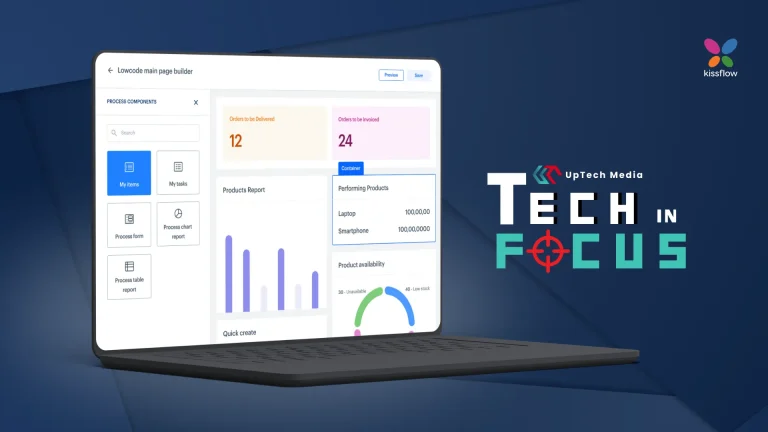Singapore – About 92% of midmarket businesses in Asia Pacific and Japan now identify generative artificial intelligence integration as a top priority for their business growth, according to the latest study from multinational software firm SAP.
The similar report further revealed that 94% of midmarket organisations with high revenue growth are placing strong to moderate priority on the adoption, compared to 86% of those who are seeing lower revenue growth.
With more businesses giving importance to GenAI, the adoption of standard business applications of AI such as machine learning for data analysis and predictive analytics has also emerged as the top organisational priorities across the region. This is marked with a 92% rating as moderate and high priority.
Other significant priorities also encompass cybersecurity threats and addressing gaps in supply chains, both at 92%.
Meanwhile, improving or expanding supplier and partner networks (43%) is the top priority for achieving growth. Artificial intelligence is seen as a priority to transform organisational processes in every corner of the business.
More than half of APJ midmarket organisations also put a high priority on AI to transform their data security and privacy (52%), and to drive accurate decision-making (50%).
Other key areas AI can transform include creating new business models (48%), improving customer experience (48%), enhancing training and skills (48%), and optimising supply chains (47%).
According to the respondents, AI is already in use to a moderate or strong degree in midmarket APJ businesses to create marketing and sales content, gather market intelligence, develop apps, and test them for customer or vendor interactions, with all these functions seeing 83% adoption.
Interestingly, respondents noted data and AI adoption as a fundamental risk to growth. Particularly, they have indicated lack of quality data (37%) and lack of integration between systems (33%) as key internal challenges to growth, coupled with issues on supply chains (40%) and siloes in their business (33%).
Furthermore, as data being cited as an organisational risk when it comes to AI, midmarket businesses in the same region further said the biggest risks to their company from AI were acting upon incorrect information (36%), finding and retaining talent (34%), lack of transparency in results (34%), and insufficient data size and quality (31%).
Speaking about the report, Utkarsh Maheshwari, chief partner officer and head of midmarket, SAP Asia Pacific and Japan, remarked, “Business AI is the biggest technology opportunity of the 21st century for businesses in Asia Pacific and Japan. But the benefits of business AI are not restricted to large enterprises.”
“Organisations of every size can realise the opportunities that relevant, reliable, and responsible AI can provide. That isn’t just image generation or making videos. It’s automating everyday pain points, providing great insights quickly, and reliably solving simple business problems,” added Maheshwari.
He further continued, stating, “AI is not new. In fact, we’ve been using it for decades. More than 27,000 customers are already using SAP Business AI today, including thousands across Asia Pacific and Japan. We’ve released more than 70 Generative AI use cases in the past year, already infused across our platforms and solutions, and we expect more than 100 use cases to be available by the end of 2024, which means that 80% of the most commonly used scenarios will be AI enabled. The time to explore the benefits of Business AI is now.”
“The better the quality and scale of your data, the better the results of your AI. That’s why working with a technology partner like SAP is critical, because it is already built into the applications that power the most critical business processes. Only then can APJ businesses of every size make the promise of business AI a reality,” concluded Maheshwari.












